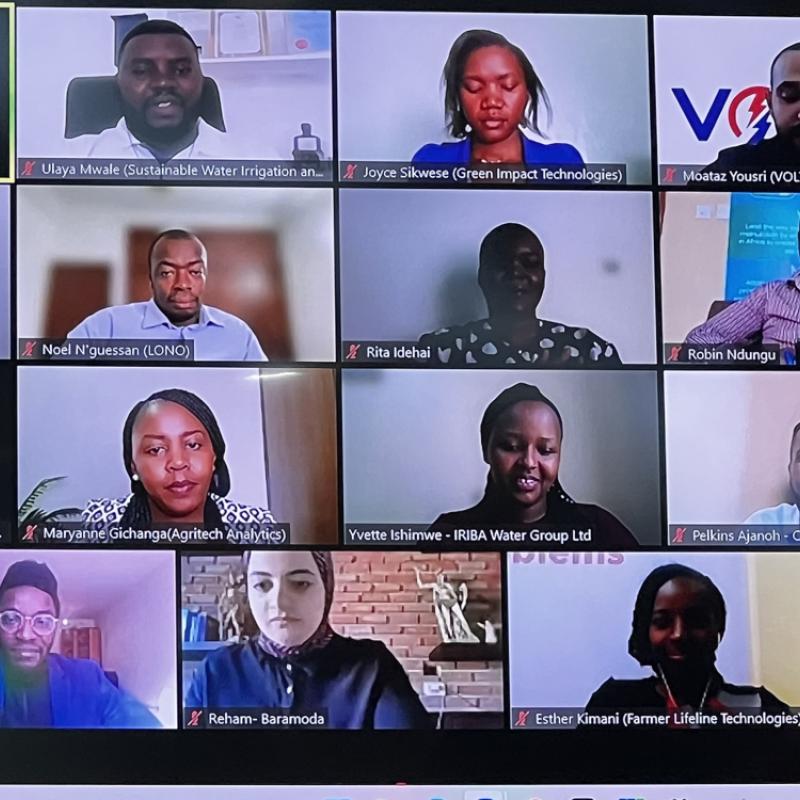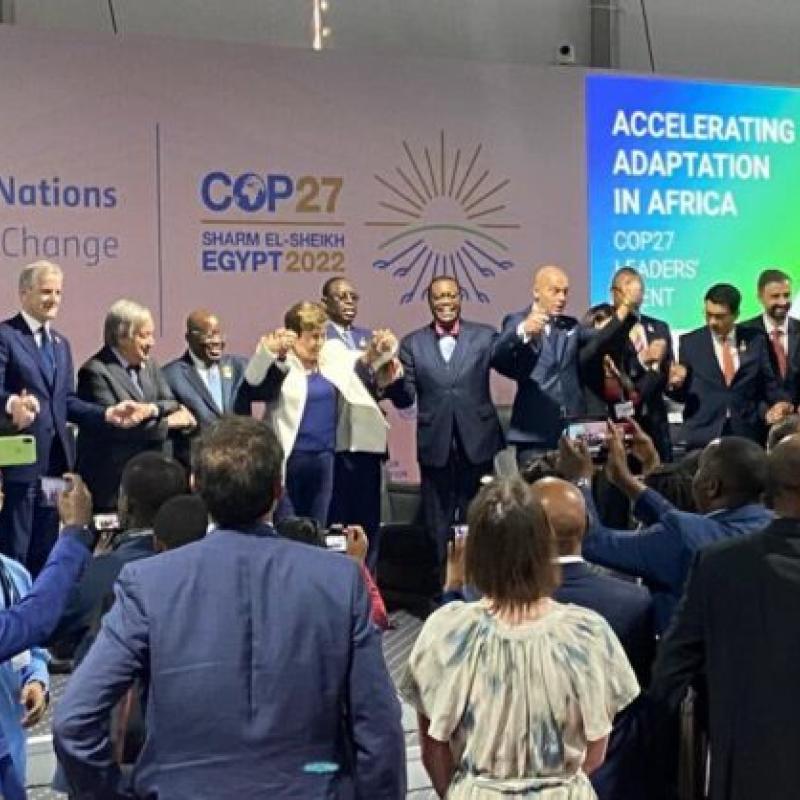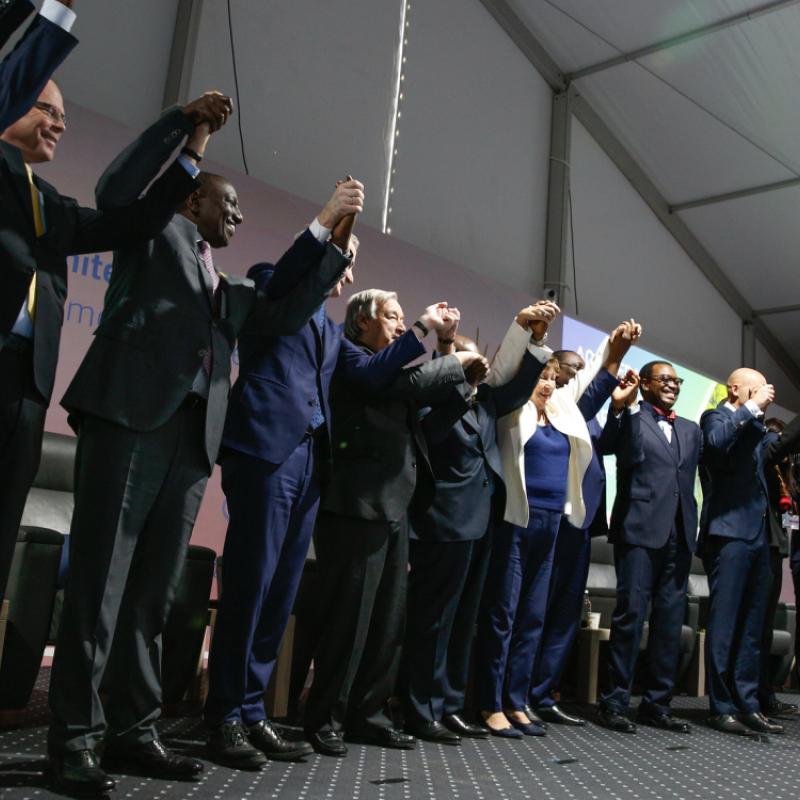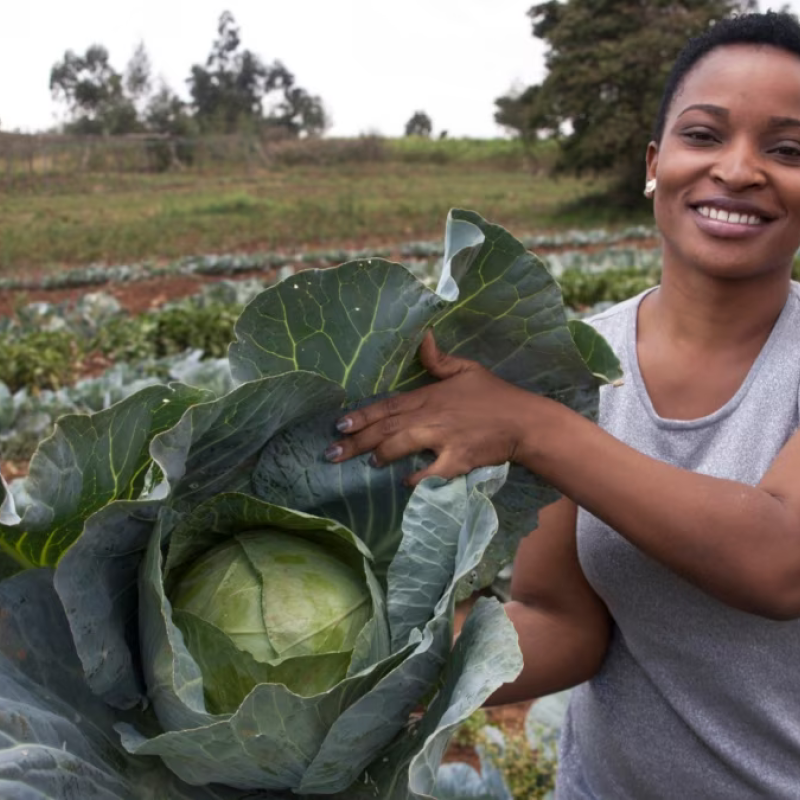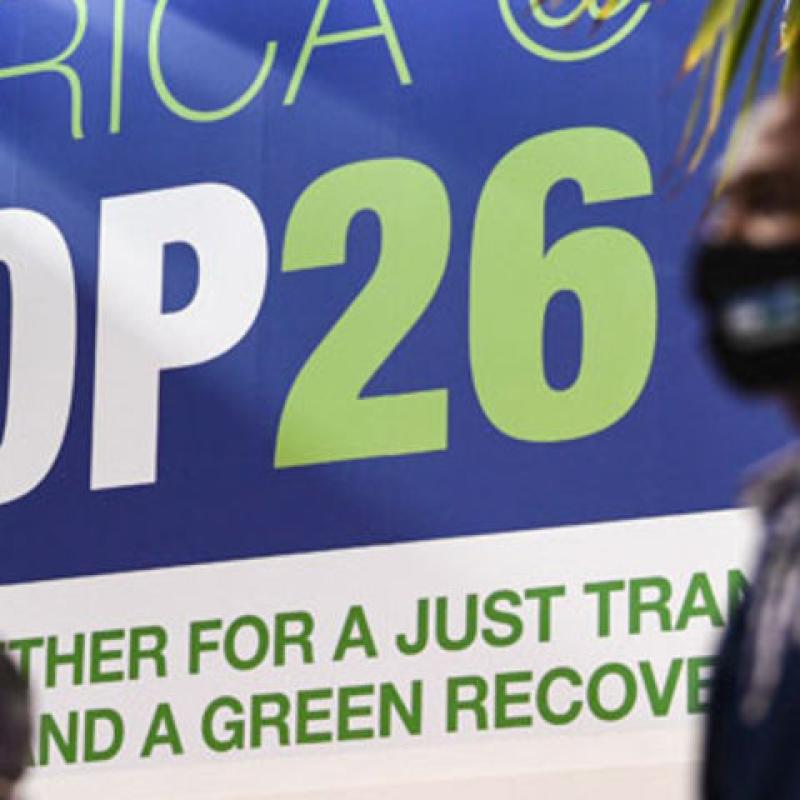Image

AAAP in the Media
Displaying 1 - 5 of 5
20 young African entrepreneurs bag $100,000 each to boost their climate adaptation businesses
Source:UN Africa Renewal
COP27: UK triples its pledges for Africa’s climate adaptation projects
Source:The africa report
Millions pledged at Africa adaptation acceleration event
Source:Africa Renewal
